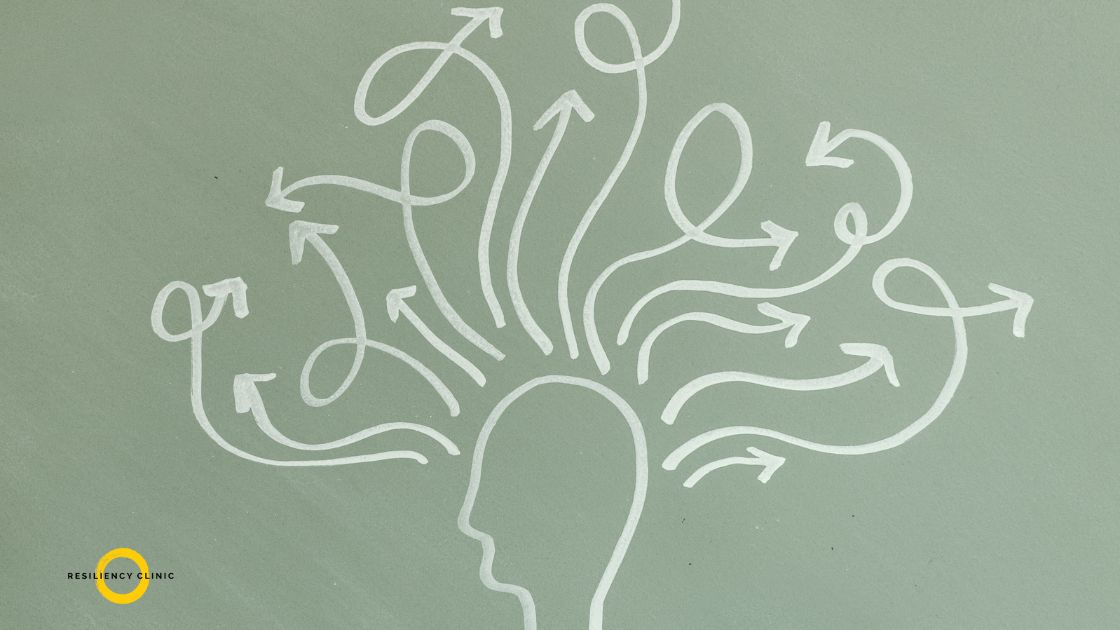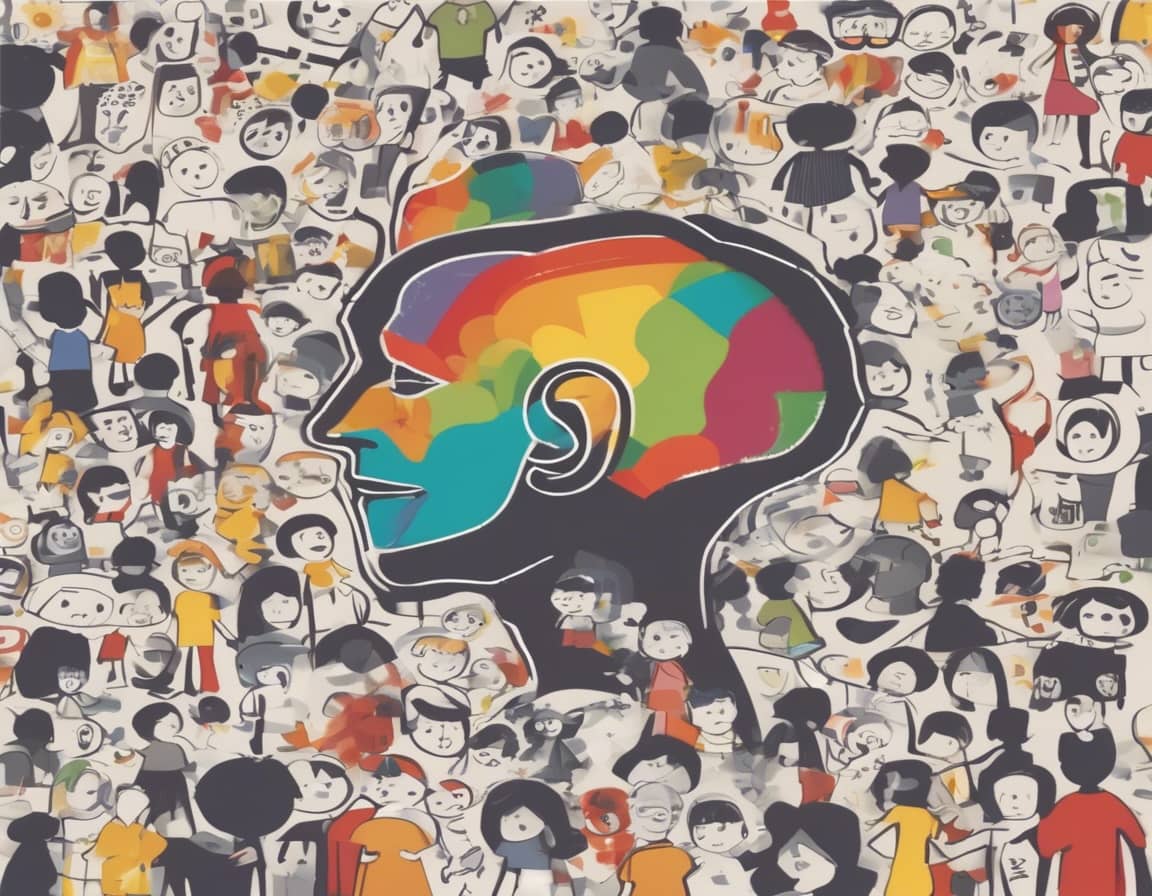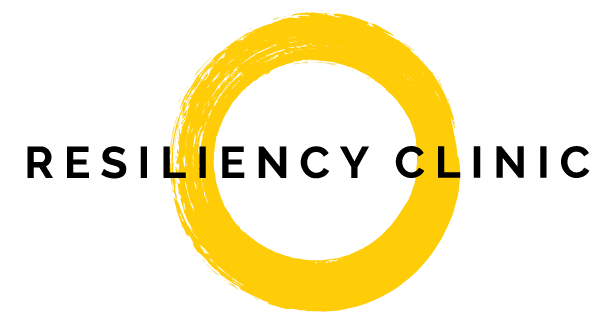articles by
The Resiliency
Clinic Team
Welcome to the Resiliency Clinic Blog, your monthly source of fresh insights into the fascinating world of psychology. We explore diverse psychological topics, from understanding mental health dynamics to mastering coping strategies. Our carefully curated content helps to unravel the intricacies of the mind, share knowledge and foster a deeper understanding of the human experience.

Curious, Not Furious: A New Way to Navigate Family Stress
June often brings a wave of transitions: final report cards, shifting routines, summer camp planning, and the emotional weight of change. For many families, this is when the mental load intensifies, often falling more heavily on one parent. Communication can feel strained, tempers shorter, and expectations unclear.
If this sounds familiar, you’re not alone. Our team offers compassionate, practical parenting support in Ottawa, helping caregivers move from frustration to connection. Learn how our Ottawa-based therapists help clients build resilience through interactive, emotionally informed therapy—rooted in curiosity, not criticism.

How DBT Skills Can Help Manage ADHD: A Therapist’s Perspective
Registered Psychotherapist (Qualifying) Annie Brebner shares how Dialectical Behaviour Therapy (DBT) can offer practical, skill-based support for individuals navigating ADHD. Drawing from both personal and professional experience, Annie explores how DBT’s core tools—like mindfulness, emotion regulation, and distress tolerance—can empower clients to better manage overwhelm, impulsivity, and relationship challenges. Whether you’re newly diagnosed or just looking for new ways to cope, this is a grounded and compassionate read for anyone navigating life with ADHD.

Why More Ottawa Couples Are Choosing Therapy (And What They Learn Along the Way)
Discover how couples therapy at Resiliency Clinic in Ottawa helps partners reconnect, improve communication, and grow through life’s transitions together.

Supporting Ottawa Moms with Postpartum Depression and Anxiety
At Resiliency Clinic, we believe that maternal mental health matters—not just postpartum, but in every season leading up to it. We provide maternal mental health therapy in Ottawa, including support for postpartum anxiety, postpartum depression, fertility challenges, & the identity shifts that come with becoming a parent.

Mindfulness and Meditation: Exploring the Psychological Benefits of Mindfulness and Different Meditation Techniques
Mindfulness and meditation boost mental well-being in our stressful world. They reduce stress, improve emotional health, and enhance focus. This article explores their psychological benefits, meditation techniques, and practical exercises for daily life.

Managing Seasonal Affective Disorder (SAD): Tips for Recognizing and Coping with SAD During the Winter Months
Seasonal Affective Disorder (SAD) is a type of depression that typically arises during the fall and winter months when daylight hours are shorter. Characterized by persistent low mood, fatigue, and social withdrawal, SAD affects many individuals seeking relief from its symptoms. This article explores effective strategies for recognizing and coping with SAD, including the use of light therapy, structured routines, and the importance of social connections. By understanding SAD and employing proactive measures, individuals can better manage their mental health during the challenging winter months.

Understanding the Stages of Grief and Coping Strategies for a Loved One’s Loss
Coping with grief is a challenging journey that affects individuals profoundly after the loss of a loved one. Understanding the five stages of grief—denial, anger, bargaining, depression, and acceptance—can provide essential insight into navigating this complex emotional landscape. This article also offers practical coping strategies, such as seeking support, expressing emotions creatively, and honouring the memories of those we have lost, helping individuals find their path toward resilience and healing.

The Impact of Childhood Experiences on Adult Mental Health: Understanding the Long-Term Effects
Childhood experiences play a crucial role in shaping adult mental health. Adverse Childhood Experiences (ACEs)—including abuse, neglect, and household dysfunction—increase the risk of developing issues like depression, anxiety, and PTSD later in life. Understanding the long-term impacts of ACEs is essential for creating effective interventions that foster resilience and support individuals in overcoming early adversity.

Understanding and Overcoming Mental Health Stigma
Grasping and addressing the stigma surrounding mental health is not solely an individual task. It is a shared obligation that demands compassion, awareness, and proactive efforts from everyone involved.

The Psychology of Motivation: Investigating what motivates human behaviour and strategies for maintaining motivation.
This article explores the psychology of motivation, focusing on both intrinsic (internal) and extrinsic (external) factors, discuss the role of dopamine in the reward system and examines common theories, highlighting how social and environmental influences affect motivation, stressing the importance of habit formation in maintaining motivation.

Enhance Your Life with the Psychology of Happiness
Happiness is a multifaceted experience tied to well-being, enjoyment, connection, and purpose. It stems from biological, psychological, and social factors. Daily habits like gratitude journaling, exercise, and nurturing relationships can enhance happiness. Perceptions of happiness vary by culture and age; younger individuals may focus on achievements, while older adults often find joy in reflection and relationships.

Unlocking Emotional Intelligence: The Impact of Perceiving and Expressing Emotions
Emotional intelligence (EI) is key to success in life and work, influencing leadership, relationships, and mental health. By improving self-awareness, self-regulation, empathy, and social skills, you can better understand and manage emotions, enhancing team collaboration and personal growth. Developing EI fosters stronger relationships and contributes to a more compassionate society.

Mental Health & Nature: Nature’s Healing Influence on Mental Well-Being
The natural world is more than just beautiful; it’s a hidden healer for our minds, nurtured by nature. Let’s explore how nature keeps our minds in good shape 🙂

Key Insights into the Psychology of Forgiveness
Forgiveness, a topic of discussion for centuries, is considered a virtue and moral obligation in many religious and philosophical traditions. However, it is not just a spiritual or moral concept; it also has a profound impact on our psychological well-being.

The Hidden Psychology Behind Procrastination
Procrastination is a widespread issue that many people face, often with significant consequences for their jobs, grades, and overall well-being. This article explores the science behind procrastination and offers practical tips for overcoming this self-regulation challenge, paving the way for improved productivity and mental health.

Sleep Better: 12 Effective Ways to Improve Sleep Quality
In this article, we will discuss the importance of getting enough sleep for our overall well-being, and examine common challenges people face in achieving this goal, such as stress, poor habits, sleep disorders, and deprivation.

The Impact of Social Media on Mental Health: A Deep Dive
Social media platforms like Facebook, Instagram, and others have revolutionized the way we communicate and connect with each other, from small groups to global movements. These platforms have changed the way we share and express ourselves, but unfortunately, they have also had a negative impact on our mental health.

Unleash the Power of Habits: Break Bad Habits Now
We all have habits, some good and some bad. They shape our behaviour, influence our decisions, and ultimately define who we are. Breaking bad habits can be challenging, but it is not impossible.

Top Psychologists in Ottawa For Personalized Mental Health Support
Explore Ottawa’s current array of mental health professionals and psychologists, along with specialized therapy approaches and the treatment journey aimed at enhancing your overall well-being.

A Clinical Approach to Eating Disorders: Types, Causes, Treatment, and Outlook
Consider the daily challenge of confronting an unseen adversary residing within, affecting your relationship with food and your self-perception. Eating disorders represent intricate mental health struggles endured by millions on a daily basis.

